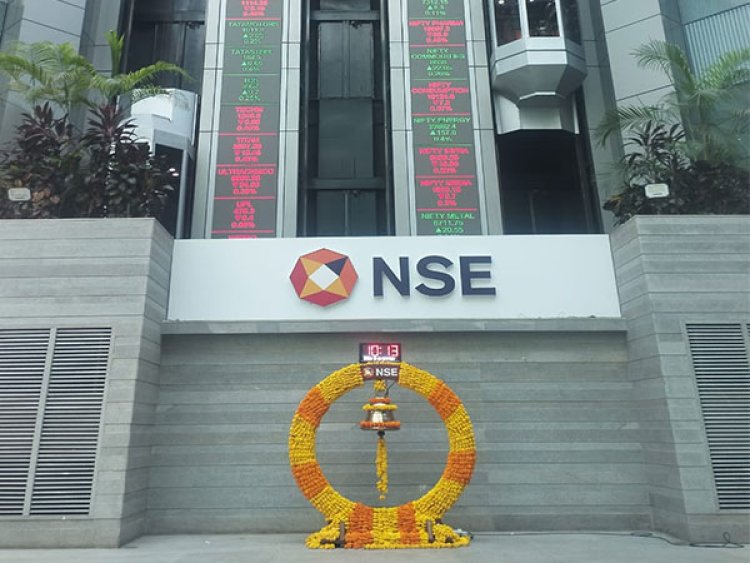Weakened Govt at centre will delay reforms, not true: Experts

Mumbai, Maharashtra: The market capitalization of the National Stock Exchange (NSE) experienced a significant decline, post-parliamentary election results giving a weaker majority for PM Modi-led NDA alliance.
This downturn has resulted in investors losing up to 24 lakh crore rupees. The market capitalisation which reached USD 5 trillion on May 23rd, now on June 4th stands at USD 4.69 trillion
PSU banking shares have been hit the hardest by this sell-off. India's largest public sector bank, the State Bank of India has lost over Rs 1 lakh crore in its market cap from Rs 8 lakh crore on June 3rd to below Rs 7 lakh crore on June 4th.
Big Private sector banks like HDFC Bank and ICICI Bank, too lost their market caps from over Rs 12 lakh crore to Rs 11.5 lakh crore and over Rs 8 lakh crore to Rs 7.6 lakh crore respectively.
The Nifty PSU Banks Index, which had been rallying prior to the election results, fell below 7000 points, from its 52-week high of 8053 points. This substantial decline underscores the volatility and sensitivity of the sector to investor sentiment and market conditions.
In addition to the banking sector, defence shares have also faced sustained pressure. Hindustan Aeronautics Limited (HAL) has seen a decline of more than 16 per cent over the 3-4 trading sessions. Similarly, Bharat Electronics has experienced a loss of over 13 per cent in the same period. Another defence company Bharat Dynamics also faced a sharp decline and hit the lower circuit on Wednesday after losing more than 18 percent.
Experts say the election verdict has raised doubts about tough reforms and policy-making strengths of the new government. Investors should stay with FMCG, Commodities, staples, IT and Insurance sector stocks in the interim.
As with the narrow majority government focus may shift from Capex to rural spending. Pro-people and job-oriented policies will be encouraged at the cost of infra spends.
"The perception that India needs a strong majority government to pursue economic reforms isn't entirely accurate. The coalition governments have also enacted difficult economic reforms in the past. When the BJP came into power with a full majority in 2014, the government announced the land reform bill but retreated after facing opposition criticism with "suite-boot ki sarkar" jibe. Similarly, the farm bills, which could have significantly boosted growth, were withdrawn due to pressure and protest despite BJP having full majority" said Jitendra Gohil, Chief Investment Strategist, Kotak Alternate Asset Managers.
He further added "Other reforms like IBC, PSU disinvestment, labour, and PLI schemes have also seen slow progress. In contrast, the government did implement the controversial demonetization of high-value notes in November 2016, just before the UP elections, which could have been very difficult to implement in a coalition government".
This significant market drop highlights the sensitivity of financial markets to political developments and the broader implications for economic policy and governance.















































